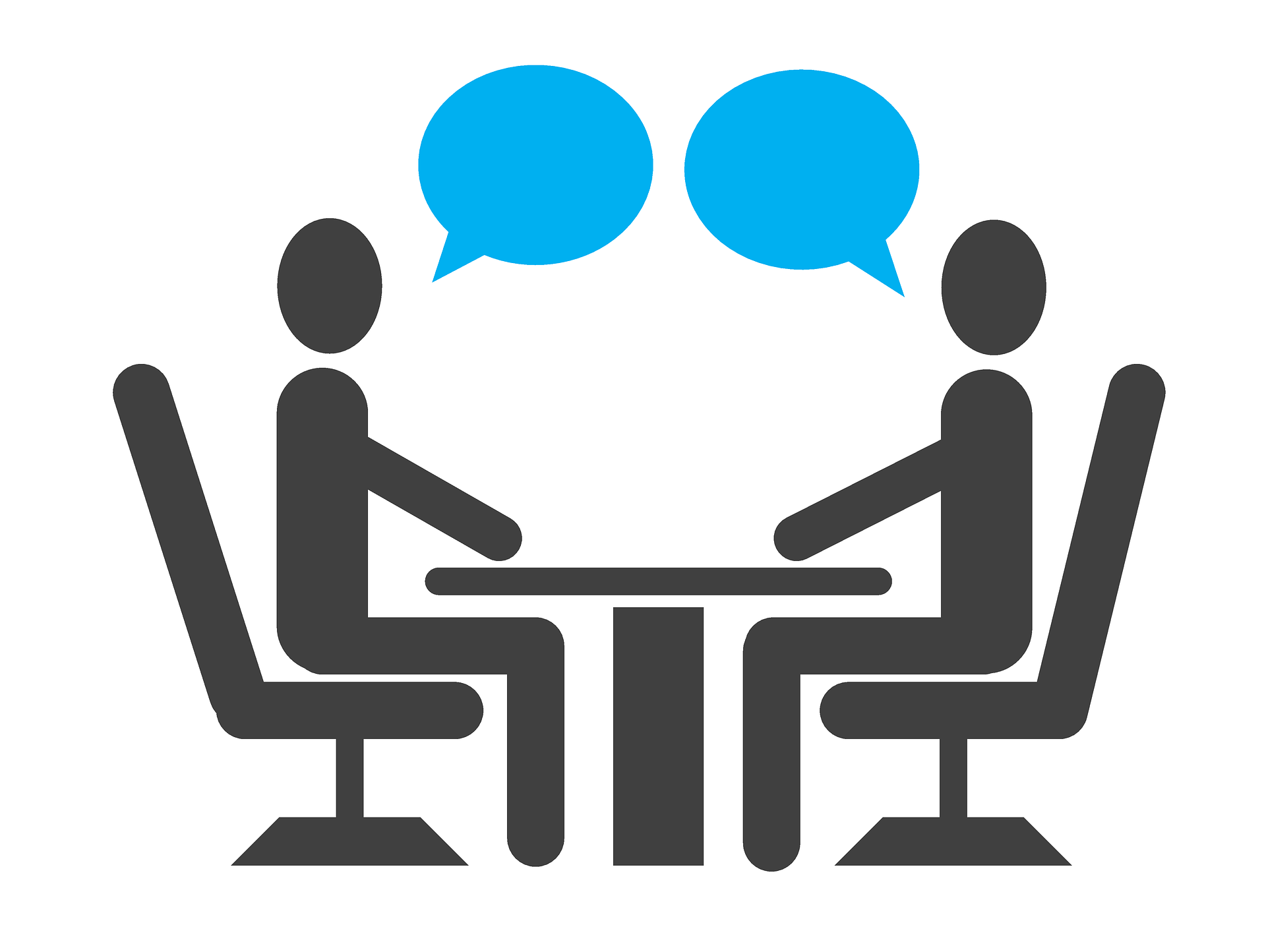Whether you suffer from anxiety or you see yourself as totally chilled, stress can really knock you for six. Out of nowhere, you may find yourself struggling to cope with pressure or emotions and may begin to feel lost. It is important to know that this is not a sign of weakness in any way, shape or form. Some of the strongest and most powerful people across the world are very open about their battles with stress, however, with successful management strategies, they prove that you can come out of the other end.

What Is Stress Management?
Before we discuss what it means to manage stress, do we all agree on what stress is? Mind.Org offers an insight into what stress looks and feels like. It says: "There is no medical definition of stress, and health care professionals often disagree on whether stress is the cause or the result of problems. That can make it difficult for you to figure out what's causing your feelings of stress or how to deal with them. Is stress a mental health issue? Being under pressure is a normal part of life. It can help you take action, feel more energised, and get results. However, if you are often overwhelmed by stress, these feelings could become a problem for you. Stress is not a psychiatric diagnosis, but it is closely linked to your mental health in two ways: Stress can cause mental health problems and make existing problems worse. For example, if you often have trouble dealing with feelings of stress, you could develop a mental health problem like anxiety or depression. Mental health problems can cause stress. Dealing with the day-to-day symptoms of your mental health problem, as well as having to worry about medication, doctor's appointments or treatment can become an additional source of stress. This can feel like a vicious cycle and it can be difficult to know where the stress ends and your mental health problem begins. Why does stress affect me physically? Perhaps your first signs of stress are physical signs such as fatigue, headaches or an upset stomach. There can be many reasons for this because when we feel stressed we often find it difficult to sleep or eat well, and poor nutrition and lack of sleep can both affect our physical health. This in turn can make us feel even more emotionally stressed. When we feel anxious, our bodies also release hormones like cortisol and adrenaline. This is the body's automatic way of preparing for a threat, sometimes called the "fight, flight or freeze" response. If you are frequently stressed, you are likely to produce high levels of these hormones, which can make you feel physically unwell and could affect your health in the long term. 
Tips To Prevent And Relieve Stress
Everybody experiences stress at some point in their life, yet many don't recognise the side effects and may not realise how much pressure they are under. Here are just some of the common signs of stress to look out for. As with many illnesses, individual symptoms are usually not enough alone to diagnose stress but paired with other symptoms then this could indicate an underlying problem. As you'll see, some are fairly straightforward whilst others might be a little surprising.
- feeling stressed or worried a lot of the time
- feeling overwhelmed by things that would otherwise not have phased you
- finding it hard to concentrate on the simplest of tasks
- experiencing mood swings or changes
- feeling irritable or having a shorter fuse than normal
- struggling to relax
- feeling down or depressed
- having a low opinion of yourself
- changes in appetite
- changes in sleeping habits
- turning to alcohol, drugs or tobacco to relax
- feeling physically tense
- having diarrhoea or constipation
- feeling nauseousness or dizzy
- loss of libido
If you are experiencing a combination of any symptoms for what you feel is an unusually long time, it would be wise to speak to your GP to find out what medical steps you should take to alleviate your stress. They may be able to recommend some support services or treatments should they feel it is necessary. That said, there are also ways you can work on relieving stress before seeking medical attention. Eat well, live well It's amazing what a healthy diet can do for your body and mind, with evidence now showing that what we eat can affect our mood. By ensuring that your daily intake of nutrients is sufficient to keep you feeling well, you can fight off the symptoms of oncoming stress. Try eating a well-balanced diet of essential vitamins, minerals and also adequate water. Check for personal development courses in the UK. 
Why Is Managing Stress Important?
No one can function in the long term when they are put under stress. Sadly, prolonged stress can lead to a number of health complications, which is why it is so important not to bury your head in the sand and to ask for help. Despite some people performing well under pressure, this is normally only the case when it comes to short-lived stress, which isn't proof enough to ever call it positive. Among some of the physical complications caused or enhanced by stress are heart disease, high blood pressure, increased heart rate, heart attacks, asthma, obesity (usually an indirect cause of the aforementioned heart risks), diabetes, gastrointestinal problems, accelerated ageing and headaches and migraines. 
Stress Management Strategies
We have already discovered some of the signs of stress and a few general tips on how to stop it in its tracks, but here are some more inventive ways to tackle stressful situations. If you can't beat it, change it Sometimes, you simply cannot avoid stressful situations. For instance, if you have a crying baby, there is no easy way to walk away from the child as they are your responsibility. That said, you can alter the way that you deal with the situation. For example, there is no harm in leaving your baby in a safe place while you take 2 minutes to clear your head and reframe your behaviour and reactions. Try to look from a different, more positive point of view, look at the bigger picture. Yes, the baby has been crying for half an hour but you getting stressed is not going to soothe your baby. Try the 'count to ten and start again' approach, re-entering the room with a more positive outlook and seeing how much easier it is to settle them when you have a calmer aura. Start a journal Personal diaries are a thing of the past, with Facebook and other digital forms taking up much of our personal time. Yet social media can be unhealthy as this is not the place to vent frustrations or air concerns. Instead, take the time to put your feelings down in a journal, as just putting things down in writing can take a lot of the worry away. Make time for friendships Friends make you feel good, but it's very easy to push people away when you're not feeling yourself. Instead of putting up a wall, try to spend more time with friends to distract you from what is causing you to feel under pressure. Your friends need not know the ins and outs of your problems, but they can indirectly help you through difficult times just by bringing a good balance to your health. See a detailed post on strategies to manage your stress.
Summarise with AI:
























